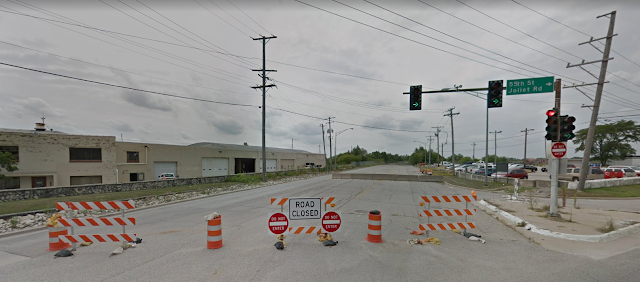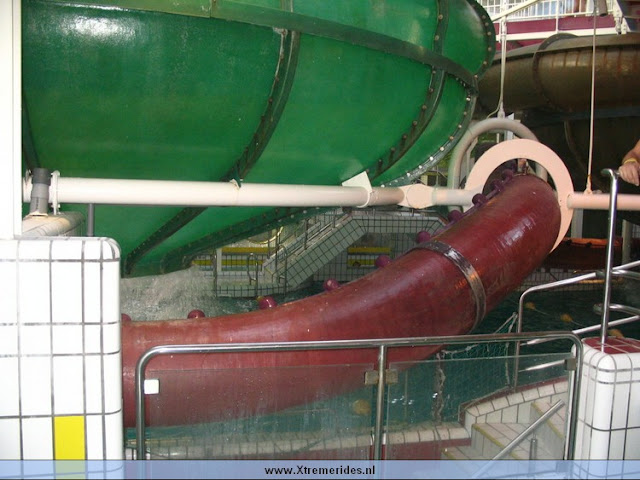Quadruple-Tracking, Electrifying and Elevating the BNSF Racetrack: It Almost Occurred 100 Years Ago
Had the Chicago Burlington & Quincy Railroad, a predecessor of today's BNSF Railway, fully acted upon their plans from 1913 to the early part of the 20th century, Chicago's Western Suburbs that developed along what it is now known as the "Racetrack" may have looked much different, at least adjacent to the tracks.
 |
| Image: Downers Grove Museum and Historical Society |
According to Engineering News in 1913, the CB&Q "it is reported, is planning the elevation of its trackage between Chicago and Aurora, Ill., a distance of about 40 miles. If the plans are finally ratified, work will begin next spring. The elevated portion will be four-tracked and electrified. The cost is estimated at about $25,000,000, the expenditure of which will be distributed over several years. W. L. Breckenridge, Chicago, Ill., is Engr. M. W.
Having many times waited in traffic generated by the very-busy railroad on Main Street in Downers Grove, I have long thought the current situation along the BNSF line has been substandard from an engineering standpoint, although my first thought, for aesthetics, would be for a depressed railroad corridor.
That said, I've also heard from others who believe that such a grade separation would destroy the downtown communities along the route. To that I say there are other traffic calming devices that would keep the downtown area quite walkable. But I digress.
 |
| METX 211 in CB&Q Heritage Livery, a nod to the numerous passenger and freight trains on the line. FRRandP photo. |
There actually was one part of this plan that was constructed; the quadruple tracking of the line! However, it only lasted for a few years. According to Leo Phillip, "The fourth main was built between Eola and Downers Grove in the late 1920s, and was removed by 1933 when the Great Depression hit. There is still one last remnant at Downers Grove between Belmont and Main St. on the north side where a track runs parallel to the mains before swinging a bit northerly into what is left of the Downers Grove yard. That’s short stretch is the last physical evidence of the fourth main. That is, other than bridge abutments at Salt creek and the Du Page river. The elevation plans were resurrected after WWII in great detail. The railroad and most the suburbs were anxious to proceed. But Berwyn and one other town refused to agree and the plan died."
 |
| Image: John W. Barriger photo of the 4-Tracked Mainline between Naperville and Lisle, IL. Burlington Route Historical Society. |
In addition to adding a fourth track and elevating the route, the Burlington was to electrify the route. This is what happened to the Illinois Central line that is now Metra's Electric District. "The success of the IC – and its location along the lakefront – directly led to the electrification of the line. It was bad enough that the 300 or so daily trains were belching smoke, but they were belching it into the city’s front yard. In 1919, the city required electrification by 1940. The work, which also included grade-separating the line to Richton Park, was completed in 1926." (Metra)
Thanks as always for reading!



There were plans to electrify the 3 C&NW lines around the same time (see https://metrarail.com/about-metra/our-history/chicago-north-western-history) and I would not be surprised if the Milwaukee Road considered it around then too.
ReplyDelete